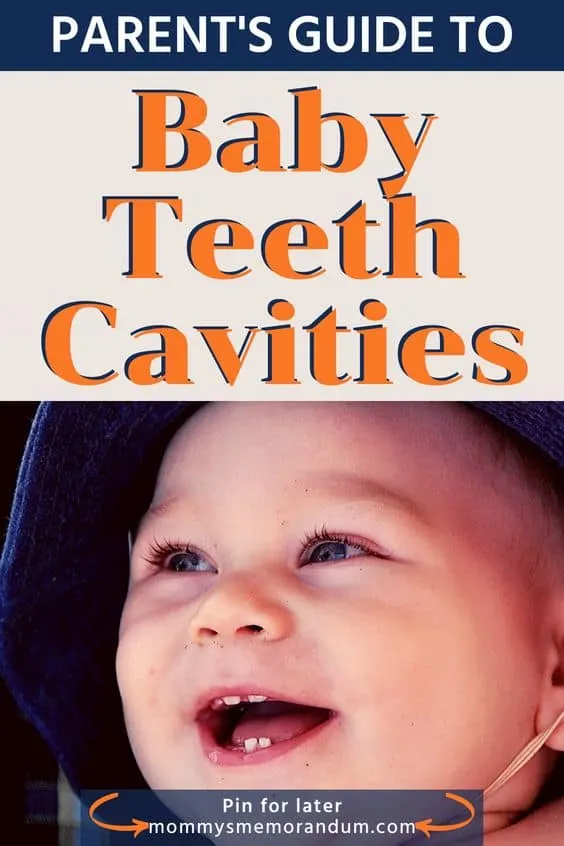Most people don’t consider baby teeth when talking about the possibility of cavities.
Children are so fresh and pure in our minds that something like dental issues isn’t often considered.
However, even toddlers are not exempt from developing issues with cavities.
Although baby teeth are not permanent and will eventually come out to make room for adult teeth, they are still just a susceptible to decay and infection.
In fact, over 40% of children have been found to have some degree of damage-causing cavities to their baby teeth.
Tooth issues should not be ignored even though those teeth will eventually come out.
Any damage or decay in baby teeth can cause problems and complications for the permanent teeth growing below the surface.
As soon as your child’s baby teeth come through, a regular brushing schedule should be started.
According to Everyday Health, establishing good oral hygiene habits is a big part of prevention in children as well as adults.
Once a child has reached their first year, they should be scheduled for their first dental visit.

Causes of Cavities In Baby Teeth
Sweets & Acids
Children’s diets are notoriously full of added sugars and acids.
Keeping a more natural diet can help slow the development decay in the teeth and gums
Bacteria
Without proper cleaning and brushing, bacteria can quickly develop on the teeth and gums leading to decay or infection.
If this happens, be sure to take your kid to a good dentist, to get it checked out.
Going To Bed With A Bottle
Having a nighttime bottle in the bed with your toddler can allow liquids to sit for long periods of time on their teeth.
This can allow bacteria to grow during the night and cause damage to the enamel.
Underdeveloped Brushing Habits
It can be difficult to instill proper oral hygiene habits in a young toddler
Regular brushing is often not done thoroughly or not at all.
Prevention of Cavities
Although parents can’t prevent all the damage that may be done to baby teeth, there are a few things that you can do to lower the possibility of your child having a cavity in their baby teeth.
No bottles in the bed.
If your child wants a drink or a bottle before bedtime then choose water or make sure that their teeth are cleaned after their last bottle.
No extended sipping.
Set meal and snack times for drinking beverages.
Allowing a sippy cup is convenient, however, it can increase the risk of sugary drinks and acids staying on the teeth for extended periods.
Do not use adult-formulated toothpaste.
Children’s toothpaste is specially formulated to be gentle on baby teeth.
Children under the age of 2 years should not be using any product that contains Fluoride. (Medical News)
Use soft bristles only.
Children’s gums and teeth are delicate and should only be cleaned with a soft-bristled toothbrush.
Dental Visits.
All children should have their first dental visit by their first birthday.
A dentist will be able to detect any problems with gums, infections, teeth, and structure.
Brushing & Flossing.
Develop a fun and regular routine of brushing and flossing your child’s teeth on a daily basis.
This will help them to develop proper oral health habits.
Treatment For Cavities In Baby Teeth
The treatment available for damaged baby teeth greatly depends on the amount of decay.
In limited cases, a small cavity can be repaired with a filling.
In cases that are more serious, your dentist may suggest a crown.
For serious conditions of rot and decay, the tooth may be pulled to protect the other surrounding teeth and gums.
